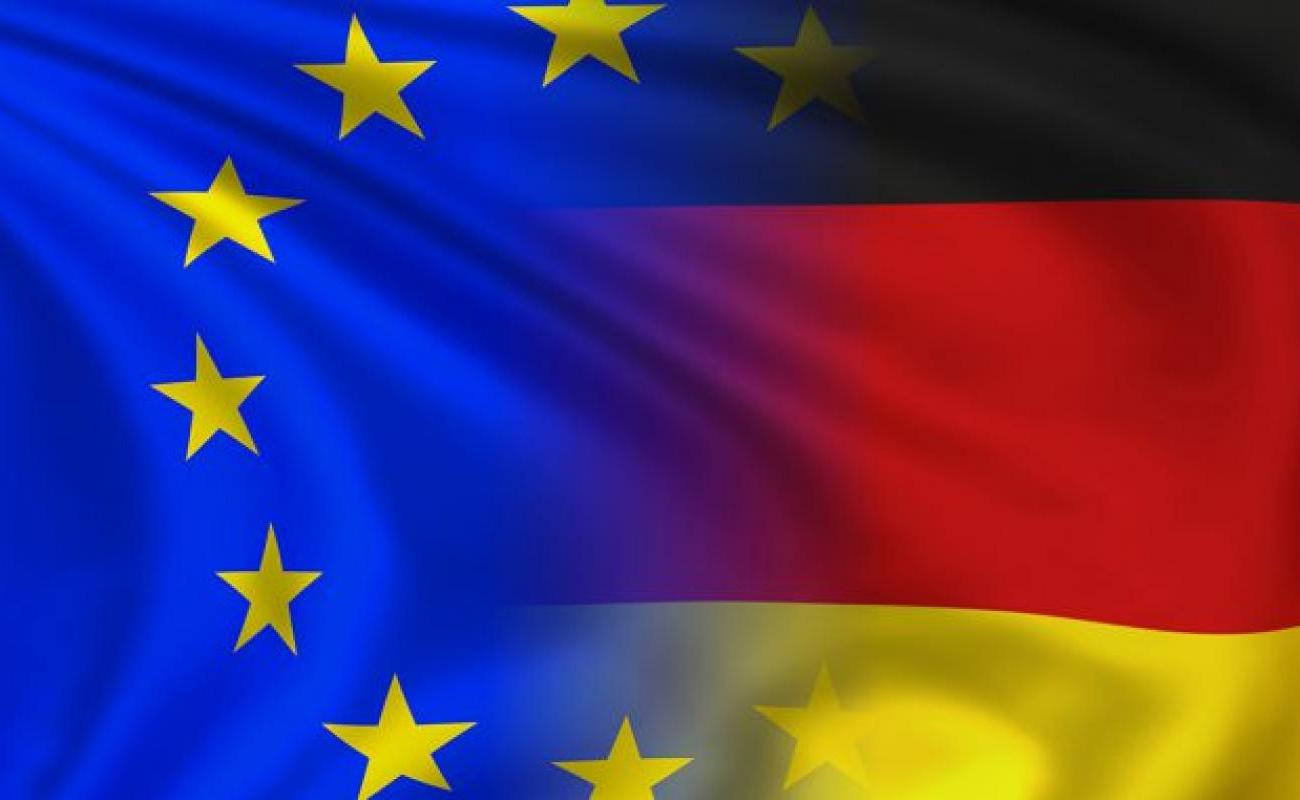The EU and Germany help improve waste management in Kosovo; invest additional EUR 49 million in the sector

The recently finalised project worth EUR 7 million was jointly funded by the European Union and the German Federal Ministry for Economic Cooperation and Development and implemented by GIZ. It led to an increase in the collection of solid waste in all 38 Kosovo municipalities from 57.8 to 90.2 per cent, an extension of waste-collection and management service to additional 77,000 households, and the closure of more than 1,500 illegal dumpsites.
“The EU and Germany funded project supporting the waste management in Kosovo yielded impressive results over the last three years,” said Kosovo Minister of Environment, Spatial Planning and Infrastructure, Liburn Aliu.
"In addition to tangible results on the ground, the project also helped us develop a strategic national framework for waste management that will guide our future work on waste treatment and recycling. We look forward to working with the EU and the German Government to further improve waste management and environmental protection in Kosovo, and bring them in line with the EU standards.”
The project also supported the work of the regional and local waste collection and management companies.
“The waste collection fee collection has increased by EUR 4 million over the last three years and 15 municipalities started implementing recycling and composting activities,” said the President of the Association of Kosovo Municipalities and Mayor of Ferizaj/Urosevac, Agim Aliu.
With new projects, worth EUR 49 million, the EU and Germany will next help Kosovo improve its infrastructure to meet EU standards and align its legal framework regulating waste management with the EU acquis. It will also support the implementation of the new Law on Waste and the Kosovo Integrated Waste Management Strategy.
“We are assisting the modernization of the waste management sector in Kosovo towards compliance with the EU legislation and the best practice, but the key is in the hands of the Kosovar authorities. We hope that soon the legal documents will be adopted, and the implementation of the foreseen measures will start,” said the EU in Kosovo’s Head of Cooperation, Johannes Madsen.
The EU and the German Government are continuing to support sustainable reforms in the waste management sector in Kosovo.
“Our goal is to see Kosovo's transition to a circular economy while enabling a clean environment and protecting public health. We are particularly proud of the increased role of the private sector in the recycling schemes, and the inter-municipal integrated waste management plans and agreements we helped achieve,” said German Ambassador to Kosovo, Jorn Rohde.
